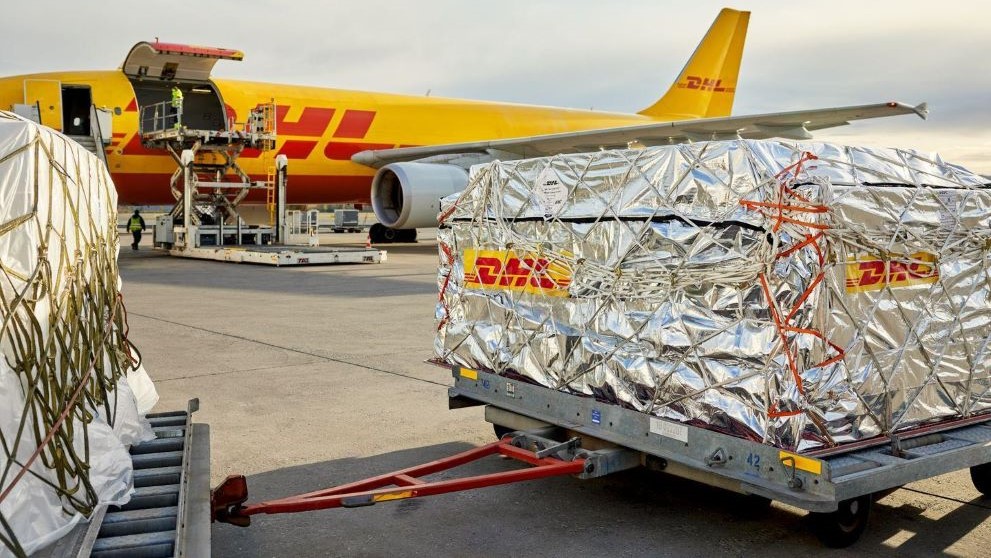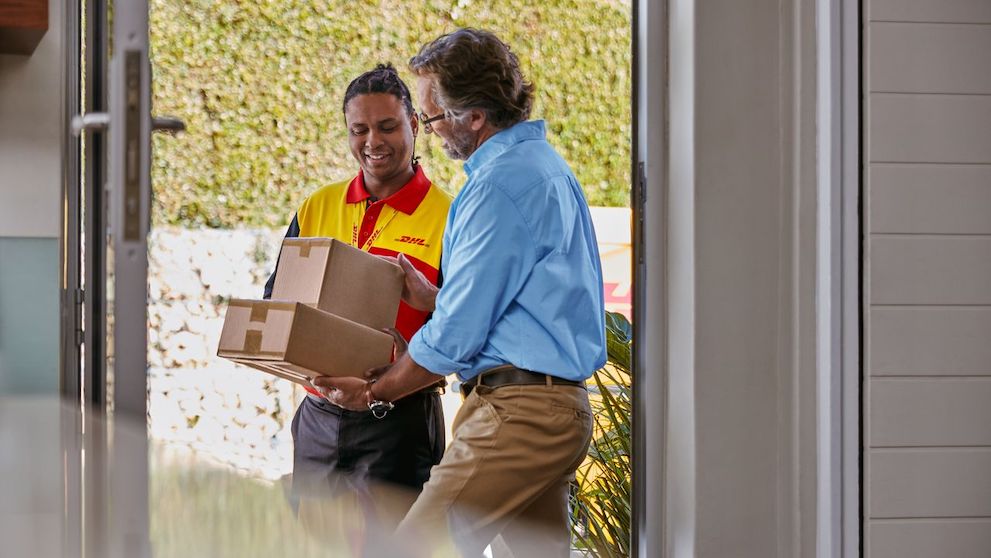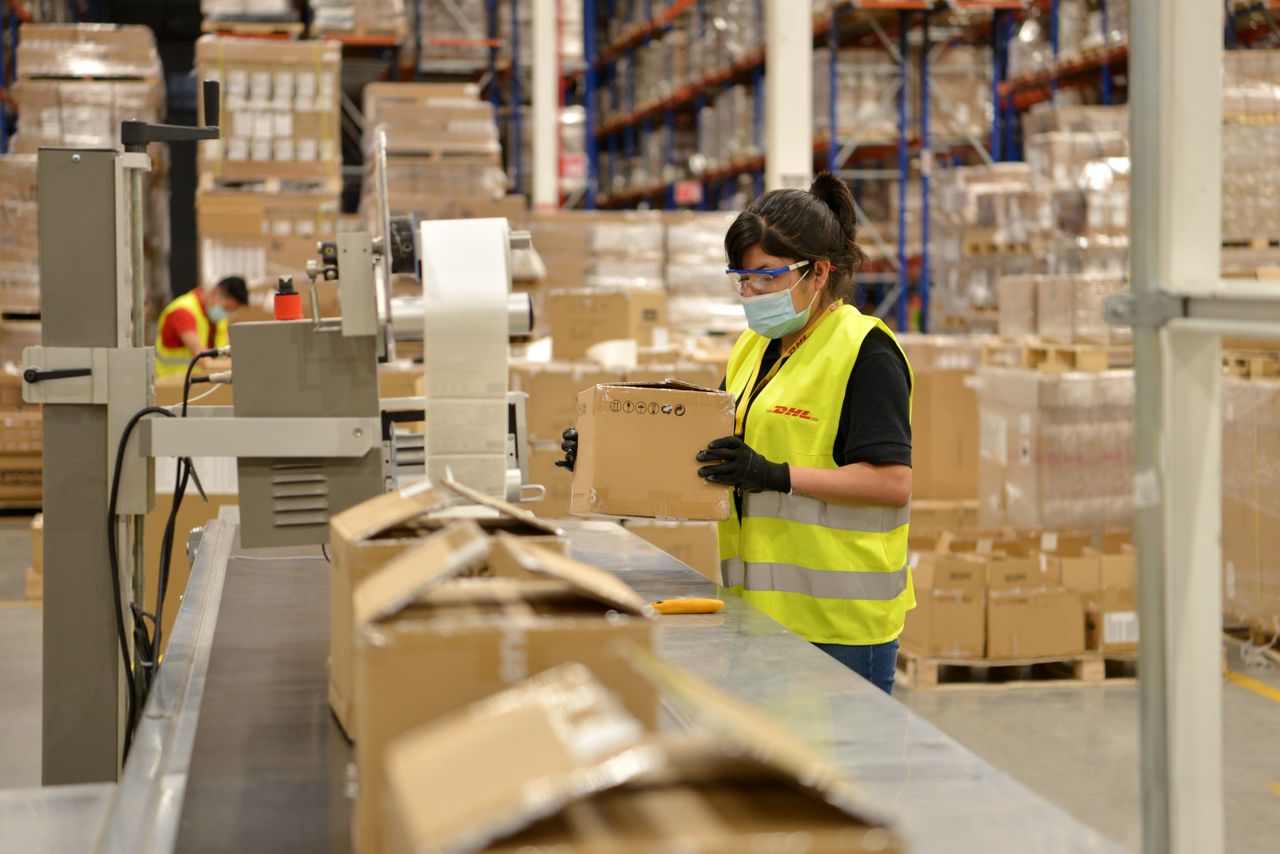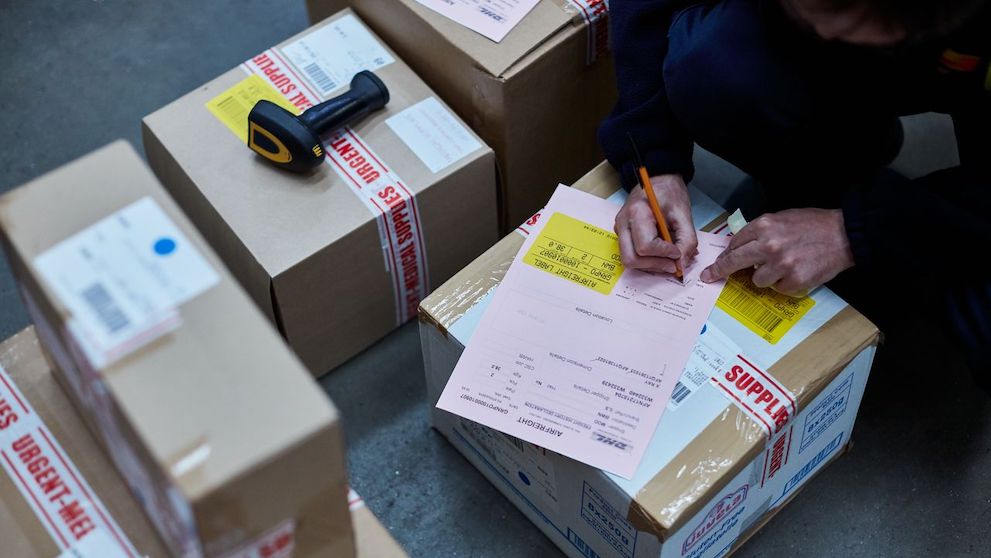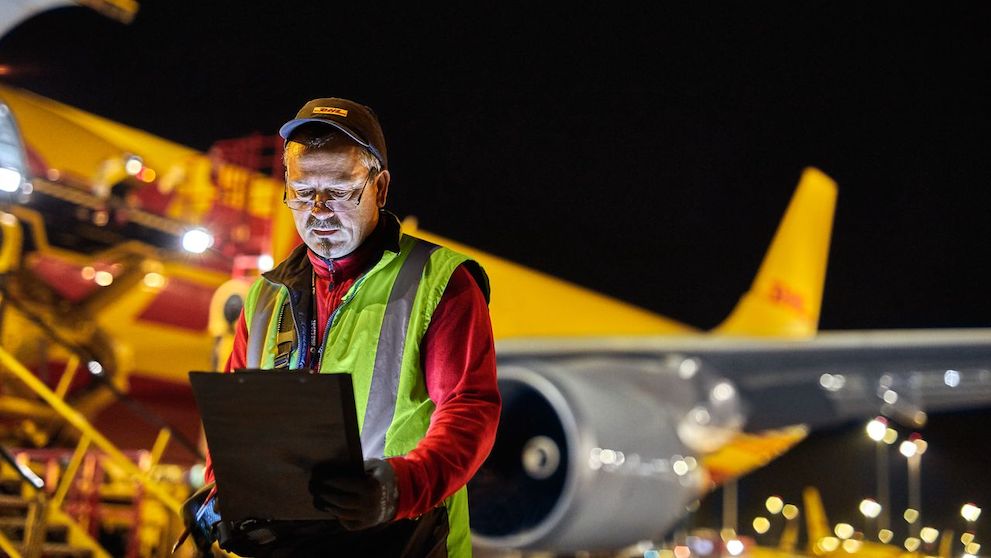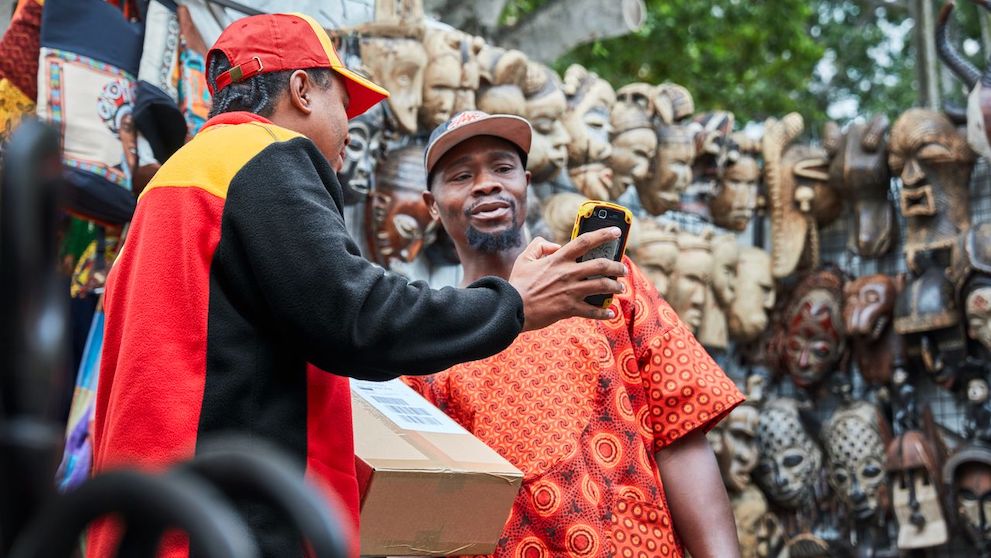While the nation may have been known globally for its Ceylon tea leaves and drinks, Sri Lanka is now making waves in the coffee industry, particularly specialty coffee brews. Coffee types such as Arabica, Robusta, Maca, Excelsa, and the native Ceylon coffee are grown in favourable local conditions, resulting in distinctive and flavourful beans that are slowly gaining international recognition.
For the benefit of small business owners and potential coffee exporters, DHL Express Sri Lanka will go through some essential know-how of the coffee market in this blog. From coffee exporting and different types of packaging to international shipping necessities and the varieties of documentation needed.
Factors fuelling growth in the coffee export market
To start, we’ll look at the three key factors that contributed to the potential of Sri Lanka's coffee industry.
1. Rising global demand
Firstly, the rising global demand for specialty coffee, particularly in the United States, Japan and Australia, presents a sizeable market for Sri Lankan growers. According to Statista, in 2023 alone, the revenue in the coffee segment of exports amounts to a staggering US$154.50 million, with an expected annual growth rate of 2.18% through 2025.
2. Robust government partnerships
Secondly, the close partnership between the Australian and Sri Lankan government, solidified by the 2017 Australia-Sri Lanka Trade and Investment Framework Arrangement (TIFA), facilitates trade and investment, making the export of Sri Lankan coffee to Australia both viable and lucrative for stakeholders involved. Given the noteworthy statistic by McCrindle that three in four Australians (75%) enjoy at least one cup of coffee per day, the potential market for Sri Lankan instant coffee in Australia becomes even more enticing. More compelling is that of those coffee drinkers, 28% consume three or more cups daily. This preference is especially pronounced among those who opt for instant coffee, underscoring the promising prospects for Sri Lankan instant coffee in the Australian market.
3. Favourable local conditions
Finally, Sri Lanka's unique climate and topography provide the perfect conditions for coffee cultivation. According to Nimmi Galearachchi, Coffee and Agronomy Lead at Market Development Facility (MDF) in Sri Lanka, the country's distinct weather patterns, high elevations, and rich soil lend Sri Lankan coffee its unique flavour profiles that capture coffee connoisseurs around the globe.
Seizing the opportunity: Small farmers and specialty coffee
Based on the research of the MDF, approximately 80% of specialty coffee originates from smallholder or backyard farmers who are primarily women. By tapping into overseas markets via international shipping, a significant opportunity for inclusivity and diversity in market involvement is enabled as farmers are empowered to expand their business to Australia. This also improves the income for people in vulnerable communities, strengthening the economy and social fabric.
Specialty coffees from Sri Lanka
Regarding the type of coffee primed for export, Sri Lanka's coffee palette is broader than the ubiquitous Arabica and Robusta. Unique coffee drinks like the energy-boosting Maca coffee or the vibrant Ceylon coffee are also gaining popularity abroad. The Excelsa coffee, renowned for its complex tart flavour and fruity aroma, is another name to watch.
Steps to export coffee from Sri Lanka to Australia
Having dissected the potential of Sri Lanka's coffee industry, the next step is understanding the actual process of coffee exportation. Here's a simplified step-by-step guide:
- Procurement of TIN and VAT Certificates: Commence the process by obtaining your Taxpayer Identification Number (TIN) and Value-Added Tax (VAT) certificates, crucial components for tax regulation and compliance.
- Register as an exporter: Registration is a two-pronged process. First, register with Sri Lanka's Customs Authority via the Automated System for Customs Data (ASYCUDA) World System. Then, sign up with the Department of Commerce (DoC).
- Lodge your export declaration: Fill out the export declaration form (CusDec) and lodge it with Sri Lanka's Customs Authority. Upon declaration, remit the appropriate duties, taxes, and fees for your coffee export.
- Documentation for Certificate of Origin: Prepare and submit the required documents to secure the Certificate of Origin. This document verifies that the coffee beans are indeed from Sri Lanka.
- Secure a Phytosanitary Certificate: As per Australian import regulations, a Phytosanitary Certificate is mandatory to affirm your coffee is free from pests. Obtain this certificate from the National Plant Quarantine Service.
Packaging: Ensuring the quality of coffee export
Once you've obtained the necessary national and international certifications, you can proceed to package your coffee appropriately, ensuring it's protected and meets Australia's import regulations.
Using proper packaging is essential to maintain the quality of coffee beans during transit.
First, you can put them in bags:
- Moisture-resistant bulk bags are perfect for granular substances like coffee, providing the necessary protection against moisture. These bags feature a polyethylene liner, ideal for containing fine-grained coffee and preventing leakage.
- Old jute sacks, woven from flexible cotton fibres, are also a cheap and biodegradable alternative, well-loved for their durability, versatility and wide variety of sizes. They have dehumidifying capabilities that prevent content like coffee beans from getting mouldy.
Then, place them in a box slightly larger than the coffee bag so it is easier to ship them overseas. Fill any extra space with protective materials such as bubble wrap or packing nuts. This ensures stability and minimises accidental dents or damage during transit. Use packaging tape to seal the box, guaranteeing safe delivery of Sri Lanka's unique coffee flavours to Australia.
After packaging, arrange shipping with a reliable international courier. Make sure you also arrange suitable insurance to safeguard your shipment.



